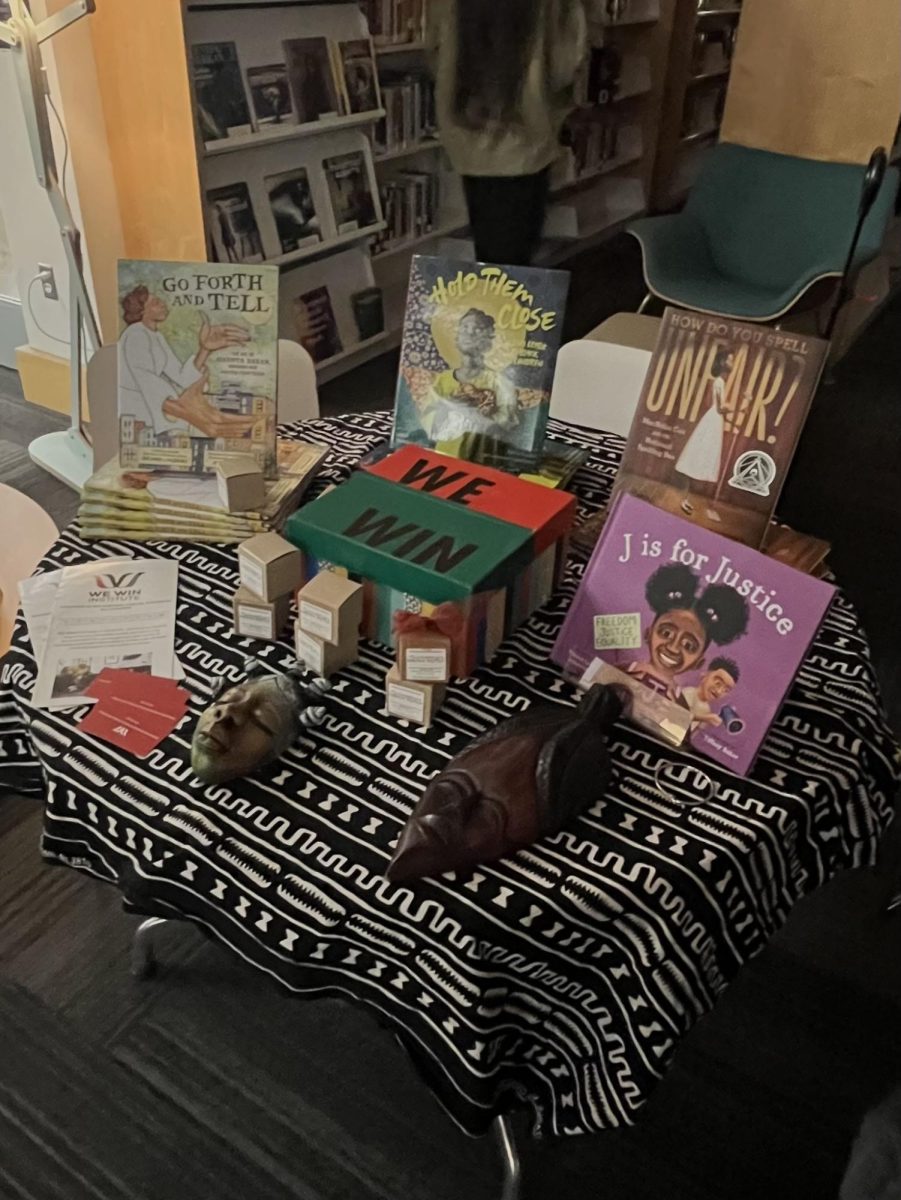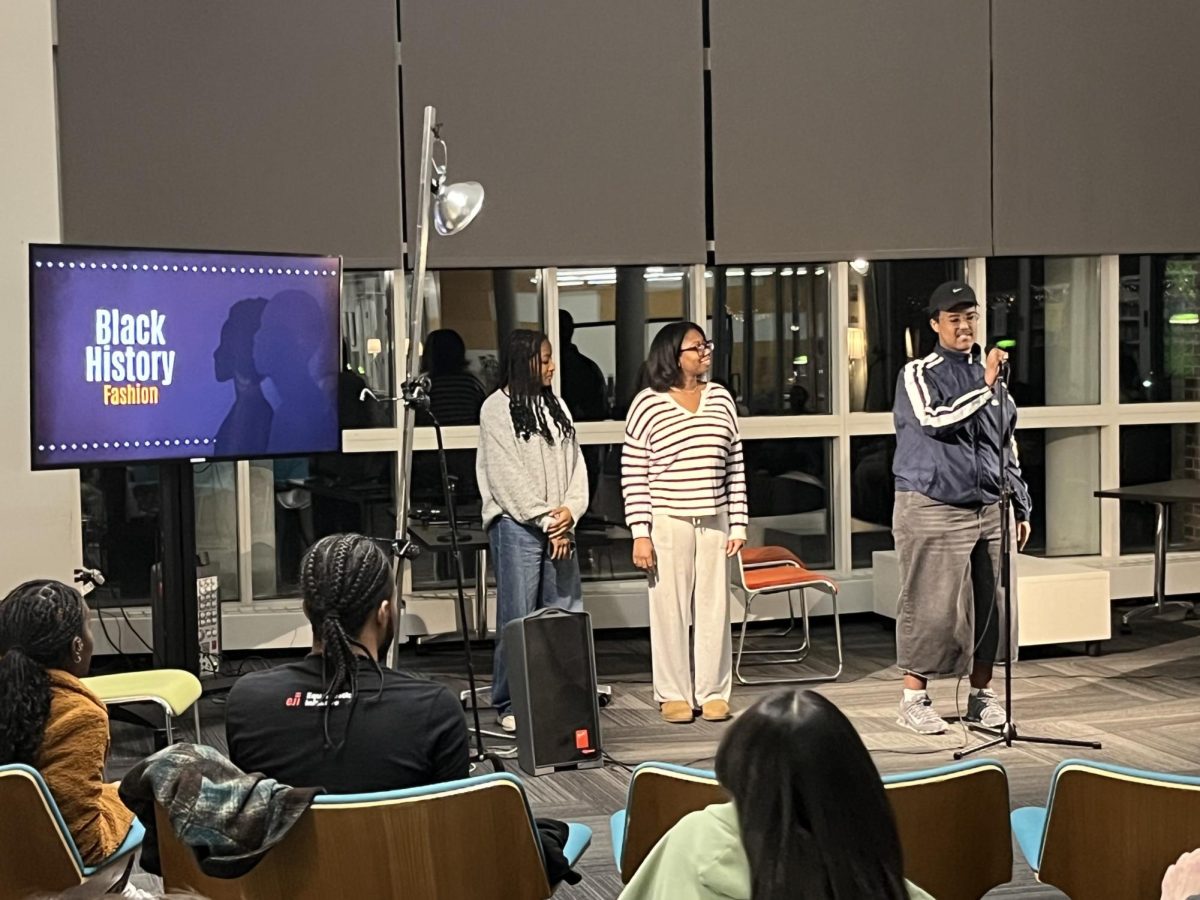Due to the mass burning of fossil fuels (coal, oil, and gas), climate change has significantly worsened. What has the government done to reverse climate change? Has it done enough? Many people would say no, and that delay is becoming more detrimental by the day.
“I would say the federal government… it’s hard,” said Samson Skibell ’26. “In a perfect world they would [take more action], but it’s hard because different policies are viewed to be more important. So people kind of lose track of the long-term effects. I think we need to do more steps now to prevent a worsening of the situation.” Skibell also brought up how the cost of sustainable infrastructure can slow progress, saying “It obviously costs money to implement clean energy… It’s a hurdle that needs to be jumped over.”
But change doesn’t only need to happen at the national level, it can start in our own school. Aidan Atmore ’26 emphasized how infrastructure and accessibility matter, saying “Over spring break I went to San Francisco. They have lots of public transport. Buses are always full… I think public transit is a huge thing,” he said. “I know Biden was moving towards electric vehicles… but Trump’s current tariffs on those vehicles…it’s gonna be harder for the average individual to become more green.”
Atmore also thinks Blake could be doing more. “I visited Pittsburgh College…maybe 70% of their electricity is powered by solar. Easier in a California climate, I understand, but it’s very possible.”
On a more realistic scale for high school students, Atmore admitted he’s not perfect, as he said, “I take long showers. I drive a car with bad mileage… but sometimes I turn off that AC, put the windows down, and just enjoy the wind.”
Forum representative Cole Eckes ’26 also talked about what the student government is doing. “I think myself, along with some other members, we’re starting a bit of a push… towards more environmental consciousness, specifically our food waste and recycling policies.” He added that if Forum has leftover funds, “we think about using that for other projects… environmental projects, sustaining our community.”
Eckes was worried about Blake’s current recycling system, saying “It just doesn’t happen. Everything goes into the same bin. These trash, recycling, compost bins-they’re pretty much an illusion of sustainability.”
Still, he’s optimistic. “If the students start putting [trash] in the right bins, Blake can shell out the funds, maybe to get us to compost more.”
The message is clear: the government isn’t doing enough, but that doesn’t mean we can’t start making a difference right here at our very own school.









